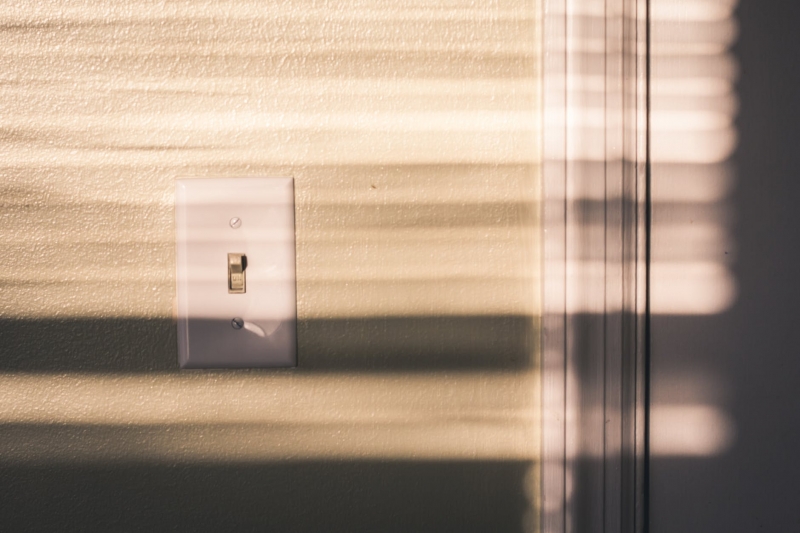Electrical Safety Standards in the Private Rented Sector (England) Regulations 2020
12 February 2020

On 14 January 2020 the government published the draft Electrical Safety Standards in the Private Rented Sector (England) Regulations 2020 ("the Regulations"), a year after it announced plans to introduce mandatory electrical safety checks for the private rental sector.
To which tenancies (or group of tenancies) do the Regulations apply?
The regulations apply to all residential tenancies and licences for a tenant's "only or main" residence and for which rent is paid (including common law tenancies), save for certain exclusions which (more or less) mirror the gas safety certificate exclusions: (a) long leases and leases of seven years or more; (b) shared accommodation with the landlord or landlord's family; (c) student halls of residence; (d) hostels and refuges; (e) care homes and hospitals; and (f) private registered providers of social housing.
What do the Regulations do?
The Regulations introduce the following obligations on landlords:
- to test the electrical installations in rented property at least once every five years;
- to keep those electrical installations up to standard during a period of occupation;
- to give an existing electrical certificate to a tenant before he/she enters into occupation; and
- to give an electrical certificate to a prospective tenant within 28 days of request
Enforcement
Enforcement is carried out by the local authority by way of a fine of up to £30,000. The local authority has the right to use the proceeds generated by imposing fines to "meet the costs and expenses incurred in, or associated with, carrying out any of its enforcement functions in relation to the private rented sector". It does not take a genius to work out that being able to recycle fines to subsidise enforcement, thus freeing up other funds for the local authority to use elsewhere will make enforcement attractive.
If a tenant will not permit access, a landlord will have defence if they can show they have taken all reasonable steps to carry out the checks.
Perhaps curiously, a landlord who breaches the duty will not be prevented from serving a valid section 21 notice.
When will the new rules apply?
The draft Regulations are set to come into force on 1 June 2020. Tenancies that are granted on or after the coming into force of the Regulations will be subject to the Regulations from 1 July 2020.
Existing tenancies (already in existence when the Regulations come into force) will be subject to the Regulations from 1 April 2021.
The misalignment between the coming into force date (1 June 2020) and the date the regulations begin to apply (1 July 2020) is curious, but it appears that any tenancy entered into on or after 1 June 2020 will be bound by the Regulations from 1 July 2020.
Comment
The absence of regulations in relation to electrical safety (compared to gas safety) has been a talking point for many years. However landlords are already subject to legislation which effectively requires them to keep properties safe for tenants, including:(a) keeping occupiers and visitors to premises safe (under the Occupiers Liability Act 1954); (b) keeping properties in repair (under the Landlord and Tenant Act 1985); (c) eliminating hazards (under the Housing Health and Safety Rating System 2004 (HHSRS)); and (d) making houses fit for human habitation (under the Homes (Fitness for Human Habitation) Act 2019).
Was it necessary to introduce further regulations?
Arguably there is already sufficient regulation on landlords and therefore this new legislation could be seen as unnecessary. Under existing legislation, if electrical installations are unsafe, there is a good argument that the property is not fit for human habitation and the tenant would have an action against the landlord. Equally, the local authority can already require the landlord to take remedial steps under the HHSRS. And for the purposes of the landlord's repairing obligations, could a landlord successfully argue that unsafe electrical installations in a property did not breach his/her repairing obligations?
However, the Regulations are likely to focus landlords' minds (with the prospect of a fine of up to £30,000 for breach of duty).
Tenants (both existing and prospective) and landlords are likely to appreciate the certainty that the Regulations will bring: landlords because they will know exactly what they need to do to make the electrical installations safe, and tenants because they will have the peace of mind that a test conducted by a suitably qualified professional electrician has been carried out.
If you have any questions about electrical safety standards, or would simply like an informal chat with one of our experts, please use the form below to get in touch.



